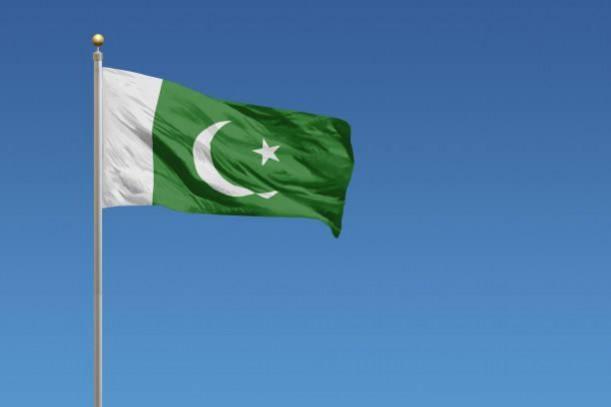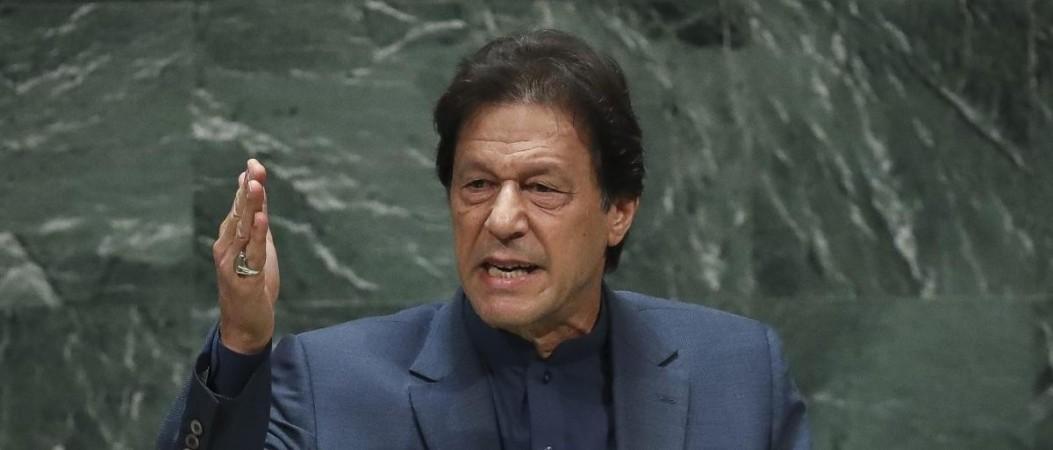People in Skardo city of Gilgit-Baltistan in Pakistan occupied-Kashmir (PoK) on Saturday organised a massive rally against the Pakistani army who are primarily being held responsible for the killing of 11 coal miners, belonging to the Shiite Hazara community, in a terror attack earlier this week.
Though the Islamic State group has taken responsibility for the terror act that took place on January 5, the locals of the place have blamed the Pakistani Army for the attack and condemned the government for their failure to ensure protection to the citizens.

Pakistani officials have notably long denied the presence of Islamic State in the country, but according to reports, the group has periodically claimed a number of attacks including a bombing at a market in 2019 being a prominent example of it.
Blockade over miners' death
Thousands of mourners gathered in Skardo city earlier today for the burial of the 10 miners, whose death had sparked an outcry over the lack of protection for workers, leading to countrywide blockade, as per local media reports.
It has been reported that the 10 miners were kidnapped by gunmen from a remote colliery on Sunday and were taken to nearby hills where some were shot dead, while others were beheaded.
The mourners were heard chanting slogans of "Ye Jo Dehshatgardi Hai Is Ke Peeche Vardi Hai" (which translates into the (Pakistani) army is responsible for terrorism).
Latest:
— #SengeSering ས།ཚ། (@SengeHSering) January 9, 2021
Thousands of people in Skardo city of occupied #GilgitBaltistan raised the slogan of "Ye Jo Dehshatgardi Hai Is Ke Peeche Vardi Hai" (Army is responsible for terrorism).#Shiagenocide #HazaraShiasWantJustice #hazaragenocide #HazaraShiaGenocide #PakistanArmy must pay pic.twitter.com/Fe5fEgvfyU
Members of civil society organisations and National Party (NP) held a joint demonstration to express solidarity with the families of slain kins of Hazara community, Dawn reported.
They expressed serious concern over growing terrorist incidents and urged the government to implement the National Action Plan (NAP) in real sense.
A six-day protest by the Hazara community was finally over on late Friday after they reached an agreement with the provincial government of Balochistan who promised the arrest of the attackers, payment of compensation to the bereaved families and better security for the community people.
Symbolic protest against Imran Khan government
Citing unnamed sources, Geo News reported that prime minister Imran Khan has reached Quetta a few hours earlier (local time) to condole with the Hazaras.
Over a thousand Shiite protesters had blocked a road on the outskirts of Quetta demanding personal assurances by Khan.

The minority community's refusal to bury the bodies in itself was a symbolic protest against the military-backed government of Imran Khan. According to Islam, bodies of the dead should be buried within 24 hours, before the next sunset.
Atrocities against minorities in Pakistan
The Hazaras are a Persian-speaking ethnic group native to, and primarily residing in, the mountainous region of Hazarajat, in central Afghanistan. They form the third-largest ethnic group in Afghanistan, and are also a significant minority group in neighbouring Pakistan, with a population ranging between 650,000 and 900,000 mostly in Quetta.
Since decades, the community has been facing repeated attacks by the Taliban in Afghanistan, while those residing in Balochistan have become a favourite target of Islamist Sunni hardliners in Pakistan, especially militant groups like Lashkar-e-Jhangvi.
In the above mentioned miners' case, it was later reported by Reuters that the attack was carried out by the terrorists of Islamic State of Iraq and the Levant – Khorasan Province (ISKP), backed by the military's intelligence unit ISI. It further makes clear that this was a case of targeted killing against the minorities.
The killings have come at a time when the Pakistan's army is engaged in killing Baloch activists in a regular manner. As per local media reports, Baloch activists from the region have termed this attack an attempt to create fear amongst the people, who are fighting for the basic human rights in Balochistan.















